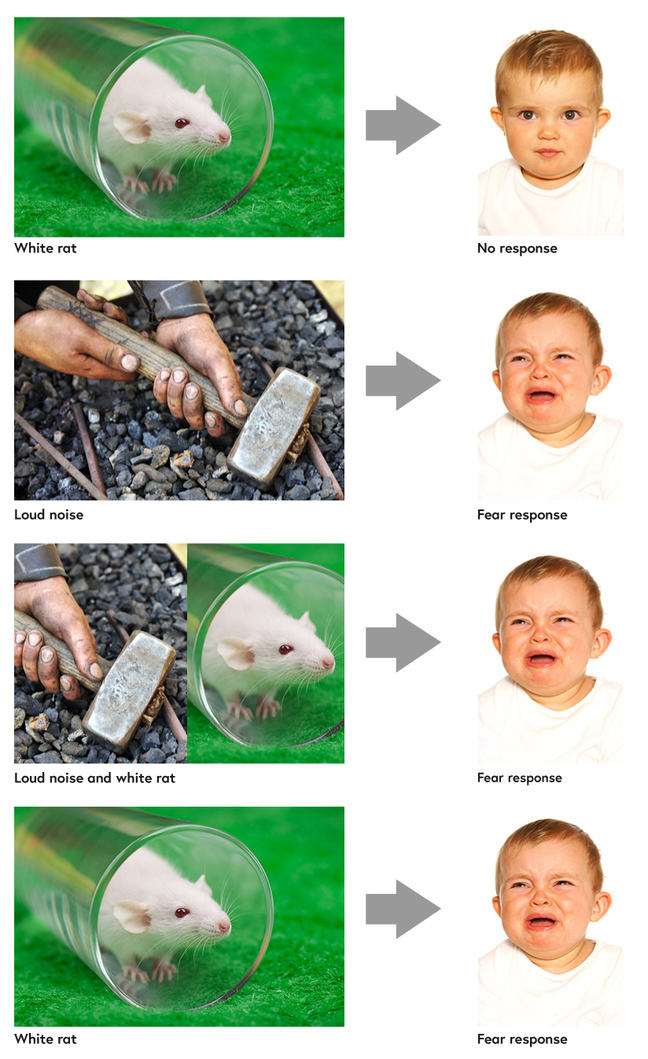Do the ends justify the means?
Little Albert
After repeated presentations of the white rat with the loud noise at the same time, the child began to exhibit the fear response at the mere presentation of the rat. The neutral stimulus had become a conditioned stimulus, through the process of classical conditioning.

You may also want to consider whether there were any ‘ethical traps’ that researchers fell into, in other words, any factors or circumstances that convinced researchers to compromise the ethical principles/codes they were bound by. For instance, perhaps the researchers thought the value of their experiment and the benefit of its potential findings to society outweighed the importance of other ethical principles like beneficence which states that the welfare of the participant is the primary goal of any experiment.
Talking point
Would an experiment like ‘Little Albert’ be able to be carried out today? To get you thinking about how ethical principles, guidelines, and standards have changed for psychologists who are involved in research, consider browsing the APS Code of Ethics and then try identifying ethical codes that would help guide a psychologist involved in similar research, if it were carried out in a modern context.
No comments:
Post a Comment